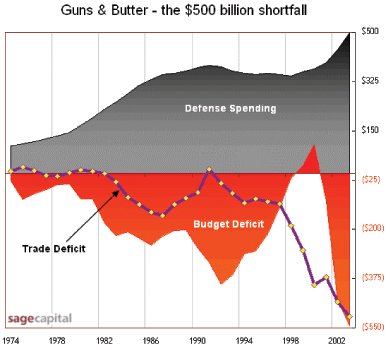night I ventured into San Francisco to exchange some books at a used book store and to take in a panel discussion called The Impossible Will Take a Little While: A Citizen’s Guide to Hope in a Time of Fear at the New College of San Francisco.
You may remember the New College as the place where I took in a disappointing panel discussion about direct action back in . I decided to brave it again.
Leading the panel was Paul Loeb, author of Soul of a Citizen: Living With Conviction in a Cynical Time and more recently The Impossible Will Take a Little While, and several of the audience of fifty or so people had copies for him to autograph.
Joining Loeb on the panel were Susan Griffen and Toni Mirosevich, each of whom contributed to the The Impossible… volume.
The purpose of Loeb’s books, and of this panel’s discussion, was to combat feelings of burnout and powerlessness amongst activists who are frustrated that they were unable to stop the war on Iraq and that they are unable to make much political headway in a country without a functioning opposition party.
Myself, I didn’t walk away particularly reinspired or reenergized, in part I think due to the soothing NPR-voices everyone was using. I think I’m in what Loeb called “the global fraternity of the cynical.” He mentioned in this regard Milan Kundera, who refused Václav Havel’s request that he sign a petition requesting that the Czech government release political prisoners. Kundera thought the petitioning was useless and was essentially a self-promotion stunt on Havel’s part.
Havel responded that although individual petitioning efforts often did come to nothing, the process of petitioning helped to build a movement and “people’s civic backbones began to straighten again.” Loeb suggests that other actions, like these large protest marches that seem to change nothing, have beneficial effects like these that can be hard to see at first.
Susan Griffen read her essay To Love the Marigold: The Politics of Imagination. One excerpt reads:
Even in the grimmest of circumstances, a shift in perspective can create startling change. I am thinking of a story I heard a few years ago from my friend Odette, a writer and a survivor of the holocaust. Along with many others who crowd the bed of a large truck, she tells me, Robert Desnos is being taken away from the barracks of the concentration camp where he has been held prisoner. Leaving the barracks, the mood is somber; everyone knows the truck is headed for the gas chambers. And when the truck arrives no one can speak at all; even the guards fall silent. But this silence is soon interrupted by an energetic man, who jumps into the line and grabs one of the condemned. Improbable as it is, Odette told me, Desnos reads the man’s palm.
Oh, he says, I see you have a very long lifeline. And you are going to have three children. He is exuberant. And his excitement is contagious. First one man, then another, offers up his hand, and the prediction is for longevity, more children, abundant joy.
As Desnos reads more palms, not only does the mood of the prisoners change but that of the guards too. How can one explain it? Perhaps the element of surprise has planted a shadow of doubt in their minds. If they told themselves these deaths were inevitable, this no longer seems inarguable. They are in any case so disoriented by this sudden change of mood among those they are about to kill that they are unable to go through with the executions. So all the men, along with Desnos, are packed back onto the truck and taken back to the barracks. Desnos has saved his own life and the lives of others by using his imagination.
Loeb says he hoped in his most recent book to avoid sentimentality, and “stories that offered hope but didn’t ring true,” but he gave into temptation and included Griffen’s story of surrealist poet Robert Desnos, and it’s hard to blame him since it’s such a nice story, almost made for Hollywood. But it made me skeptical of his other success stories, like when he told us that the U.S. peace movement, while it was failing to stop the war in Vietnam, succeeded (though it didn’t know it at the time) in preventing Nixon from following through on his inclination to turn Vietnam into a nuclear war.
I liked Toni Mirosevich’s story about dockworkers helping to smuggle contraband jazz into the Soviet Union better. Not only did it sound more likely, it also was more down-to-earth and easier to cast myself into in imagination. I tried to picture myself risking a trip to the gulag to make a samizdat bootleg of Miles Davis.

